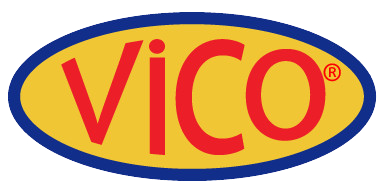-
-
-
Total payment:
-

Malleable Iron vs. White Cast Iron
Posted by Vico Casting Export Company Limited at 06/12/2023
When considering malleable iron and white cast iron for a project, it’s essential to assess their respective properties and the specific requirements of the application. Here is a comparison between malleable iron and white cast iron:
Malleable Iron:
- Advantages: Malleable iron is a cast iron that has undergone a heat treatment process known as annealing, which imparts improved ductility and toughness. It offers good strength, impact resistance, and some degree of deformation capability. Malleable iron also exhibits good machinability.
- Applications: Malleable iron is commonly used in applications requiring higher strength, ductility, and impact resistance. It is often found in pipe fittings, automotive components, agricultural machinery, hand tools, and general hardware.
White Cast Iron:
- Advantages: White cast iron is characterized by its hardness and abrasion resistance. It possesses excellent wear resistance and high strength. It is also known for its good castability and excellent thermal conductivity.
- Applications: White cast iron finds applications where exceptional wear resistance is necessary, such as in grinding balls, pump parts, crusher hammers, and other wear-resistant components.
When choosing between malleable iron and white cast iron, consider the following factors:
- Strength and ductility: Malleable iron offers a balance of strength and ductility, making it suitable for applications requiring both properties. White cast iron, on the other hand, is exceptionally hard and wear-resistant but lacks ductility.
- Wear resistance: White cast iron provides superior wear resistance due to its hardness, making it ideal for applications subjected to abrasive conditions.
- Machinability: Malleable iron generally exhibits better machinability compared to white cast iron, which can be more challenging to machine due to its hardness.
- Cost considerations: Malleable iron is typically more cost-effective compared to white cast iron.
It’s crucial to consult with materials engineers or casting experts to evaluate the specific requirements of your project and determine the most suitable material. They can provide guidance based on factors such as strength, ductility, wear resistance, machinability, and cost considerations. Additionally, they can assess the feasibility of using alternative materials or processes that may better meet your project’s needs.
*Credit: https://www.zhycasting.com/malleable-iron-vs-white-cast-iron/











